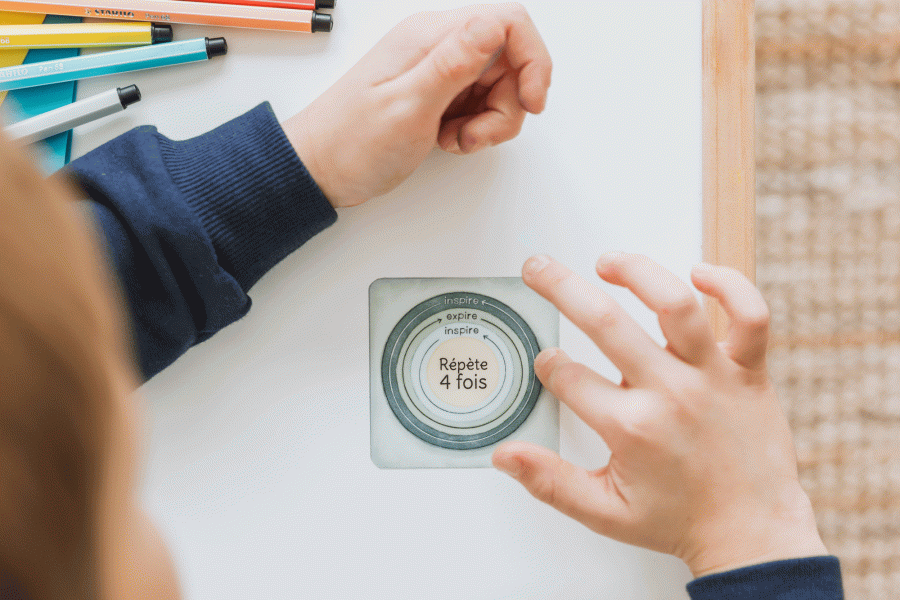Here are a few tips to motivate them to complete homework without overdoing it!

3 Tips to help your kids do homework
When they come home from school, children usually want to have fun rather than do their homework, and yet homework is essential to their academic success. Here are a few tips to motivate them to complete homework without overdoing it.
1. Use a system of rewards
Kids love rewards and surprises. To encourage them academically, set up a reward system that will motivate them to complete the homework. For example, stars can be given in a table for completing work faster and obtaining good test results. When the number of stars hits a particular level, the child could receive a gift or a surprise. It is certain that he or she will put extra effort into the homework in order to impress you if there is a reward waiting at the end of the line.
A reward system also works well if you have several children at home, as it can develop a spirit of friendly competition and motivate them to do better. Of course, you should not put the bar at the same level for all of them. For example, if one child is extremely talented while the other is slower at learning, make sure you reward both for their specific abilities and pace.
The reward system can also be simply allowing the child complete freedom after the homework is completed, such as playing video games.
2. Creating ideal conditions for work
Nothing discourages the child more than having to work on something that does not interest him or her while all the friends are probably having fun. In order to make the experience better, create work conditions that stimulate concentration and creativity. For example, if your child works better while listening to a TV program or their favourite music, allow them to do so. If the child works better on a computer than with pen and paper, encourage them to work that way. Each child is different. Pay attention to each child’s personality and needs to do what is best for them.
3. Incorporate play elements
Your child must learn multiplication but hates math. However, the same child loves animals. Why not get him or her the multiplication tables in the shape of an animal in order to motivate and show that math can be pleasant if you only try? It has been shown that incorporating play elements into schoolwork motivates better learning. The idea is to show the child that they can derive pleasure even from tasks that appear the most annoying.






